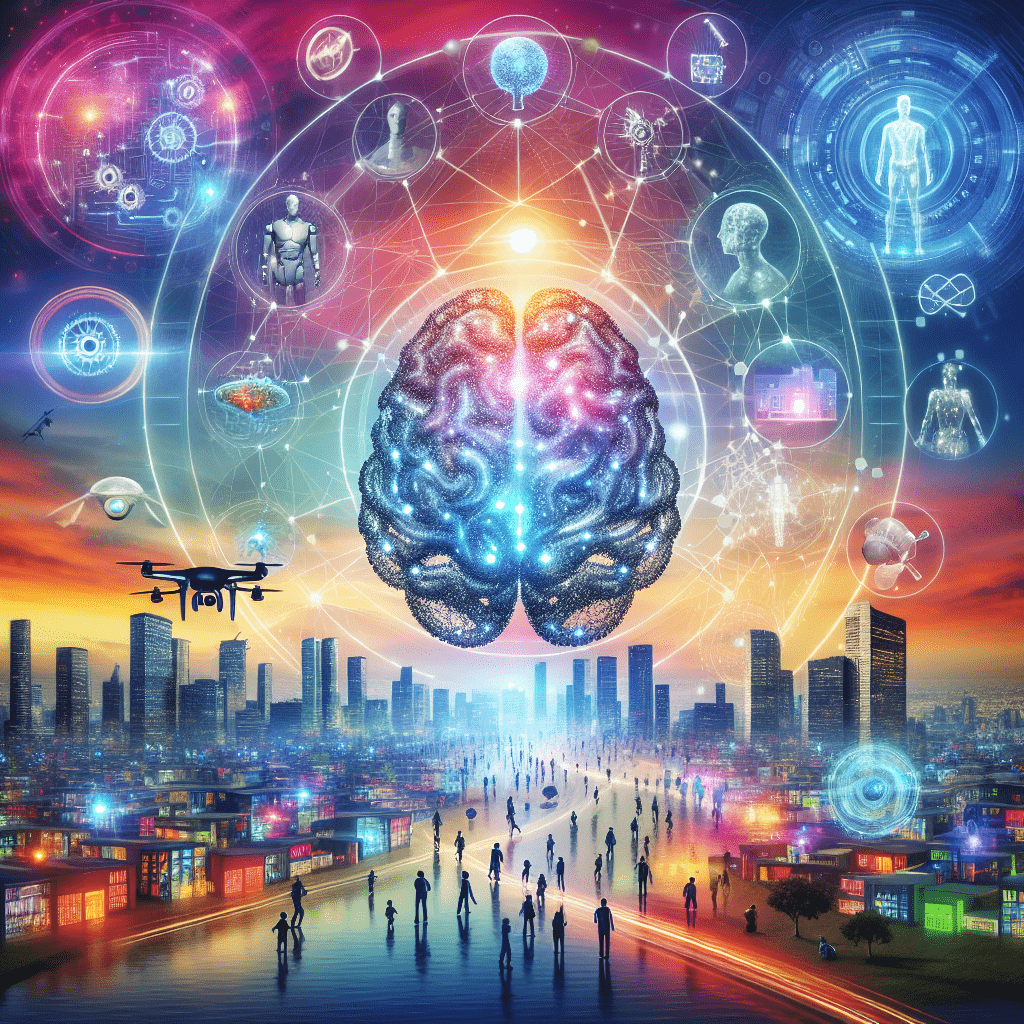Artificial intelligence (AI) is a groundbreaking technology that has the potential to shape the future of society in countless ways. From advancements in healthcare and education to transforming the way we work and interact with each other, AI is revolutionizing the way we live our lives.
One of the biggest impacts of AI on society is in the field of healthcare. AI has the ability to improve diagnostics and treatment plans, leading to better patient outcomes and more personalized care. For example, AI-powered medical imaging tools can help doctors detect diseases earlier and with greater accuracy, ultimately saving lives. In addition, AI can also streamline administrative tasks in healthcare, freeing up time for healthcare professionals to focus on patient care.
Education is another area where AI is poised to make a significant impact. AI-powered tutoring systems can provide personalized learning experiences for students, helping them to learn at their own pace and in a way that best suits their individual needs. This can lead to better educational outcomes for students of all ages and abilities. Additionally, AI can also help teachers optimize their lesson plans and identify areas where students may be struggling, allowing for more targeted interventions and support.
AI is also changing the way we work and interact with each other. In the workplace, AI-powered tools and automation are streamlining processes and increasing efficiency. This can enable workers to focus on more creative and strategic tasks, leading to higher job satisfaction and productivity. AI also has the potential to create new job opportunities and industries, as businesses look for new ways to harness the power of AI to drive innovation and growth.
In addition to its impact on healthcare, education, and the workplace, AI also has the potential to shape the future of society in other ways. For example, AI can help to address social challenges such as poverty, inequality, and climate change by providing new solutions and insights on how to tackle these complex issues. AI can also improve the safety and security of society by helping to predict and prevent accidents, crimes, and disasters.
However, as AI becomes more integrated into society, there are also concerns about its potential negative impacts. These include issues such as job displacement, privacy concerns, and biases in algorithms. It is crucial for policymakers, industry leaders, and technologists to work together to address these challenges and ensure that AI is used in a responsible and ethical manner.
In conclusion, AI has the potential to shape the future of society in profound and transformative ways. By harnessing the power of AI to solve complex problems, enhance human capabilities, and drive progress, we can create a future that is more efficient, equitable, and sustainable. It is essential that we embrace AI as a tool for positive change and work together to harness its potential for the benefit of all.


